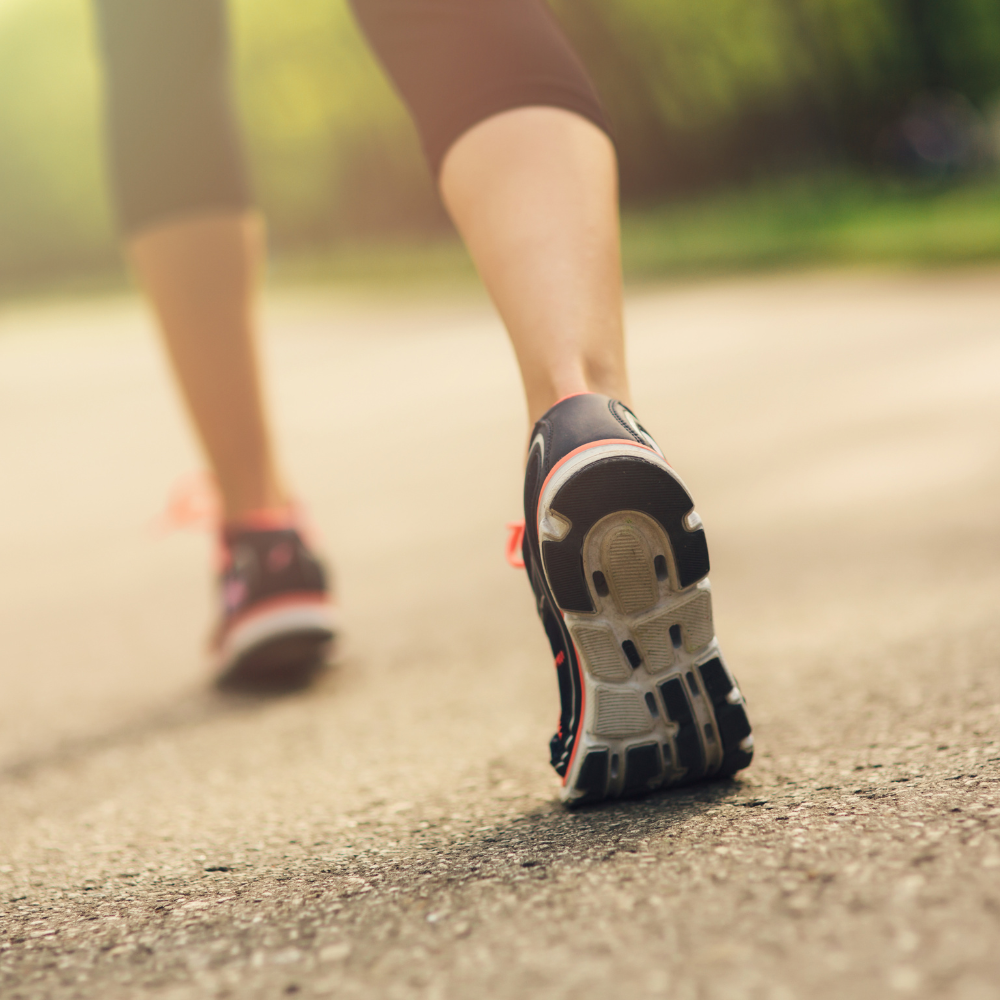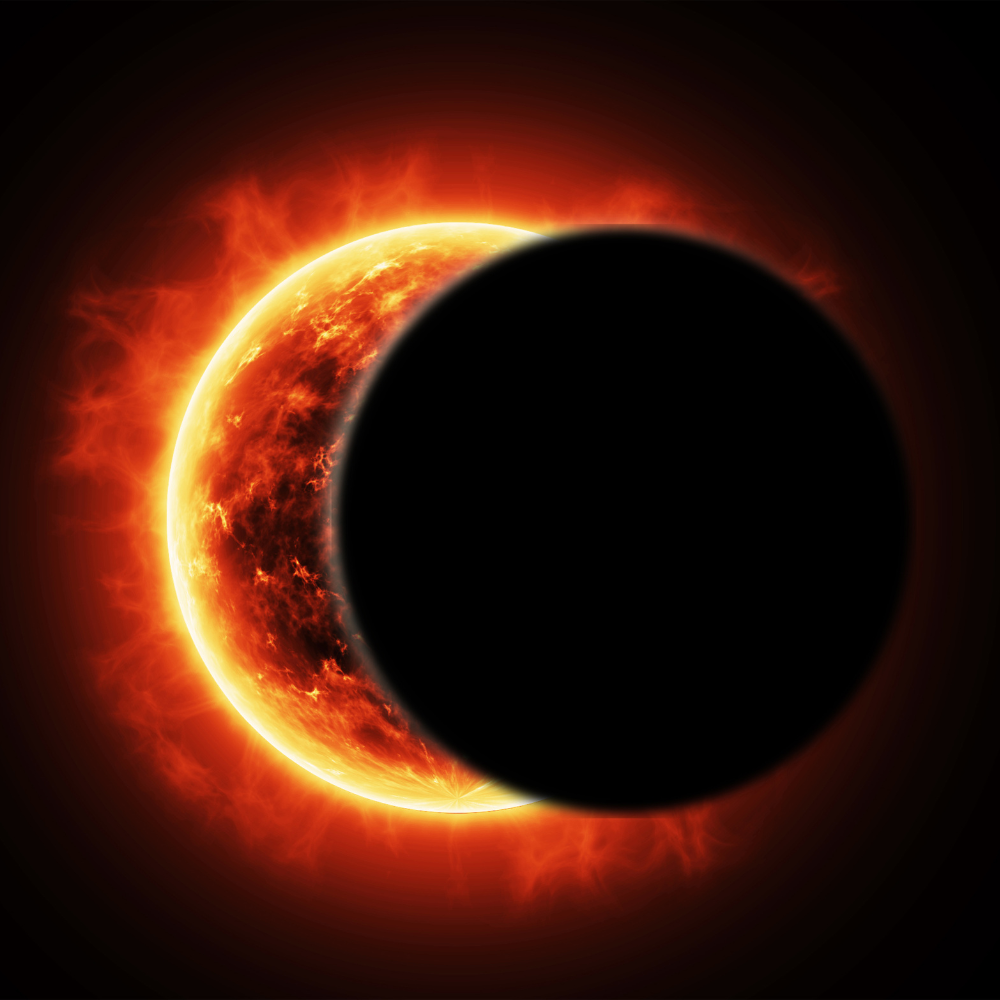I often hear concerns about herniated discs and aging. While it’s true that age plays a role, it’s important to understand the nuances.
As we age, our bodies inevitably change. One common concern for many is back pain, and a potential culprit can be herniated discs. But is there a direct link between getting older and experiencing these disc problems?
Your spine is a marvel of engineering, with vertebrae stacked upon each other. Cushioning these bones, acting as shock absorbers, are the intervertebral discs. These discs are made of a tough outer layer and a jelly-like inner core. As we age, these discs naturally undergo changes. They gradually lose water content, becoming less flexible and more susceptible to wear and tear. This degeneration can weaken the outer layer, increasing the risk of tears or cracks.
Now imagine a sudden strain or twist, like lifting something heavy. This pressure can push the inner core through the weakened outer layer, causing a herniation. This bulge can press on nearby nerves, leading to pain, numbness, or tingling.
So, is Age the Only Factor?
While age plays a role, it’s not the sole culprit. Repetitive movements, poor posture, and certain medical conditions can also contribute to disc herniation. And while aging is a risk factor, understanding your body and maintaining good spinal health can help mitigate the risk of herniated discs. This includes maintaining a healthy weight, practicing proper lifting techniques, and staying active with low-impact exercises that strengthen core muscles.
Do you have questions about herniated discs or back pain? Feel free to leave a comment below!
Dr. Darakchiev is a board-certified, fellowship-trained neurosurgeon skilled in diagnosing and treating a variety of brain, spine and peripheral nerve disorders. To schedule an appointment, please call 631-690-9080.




